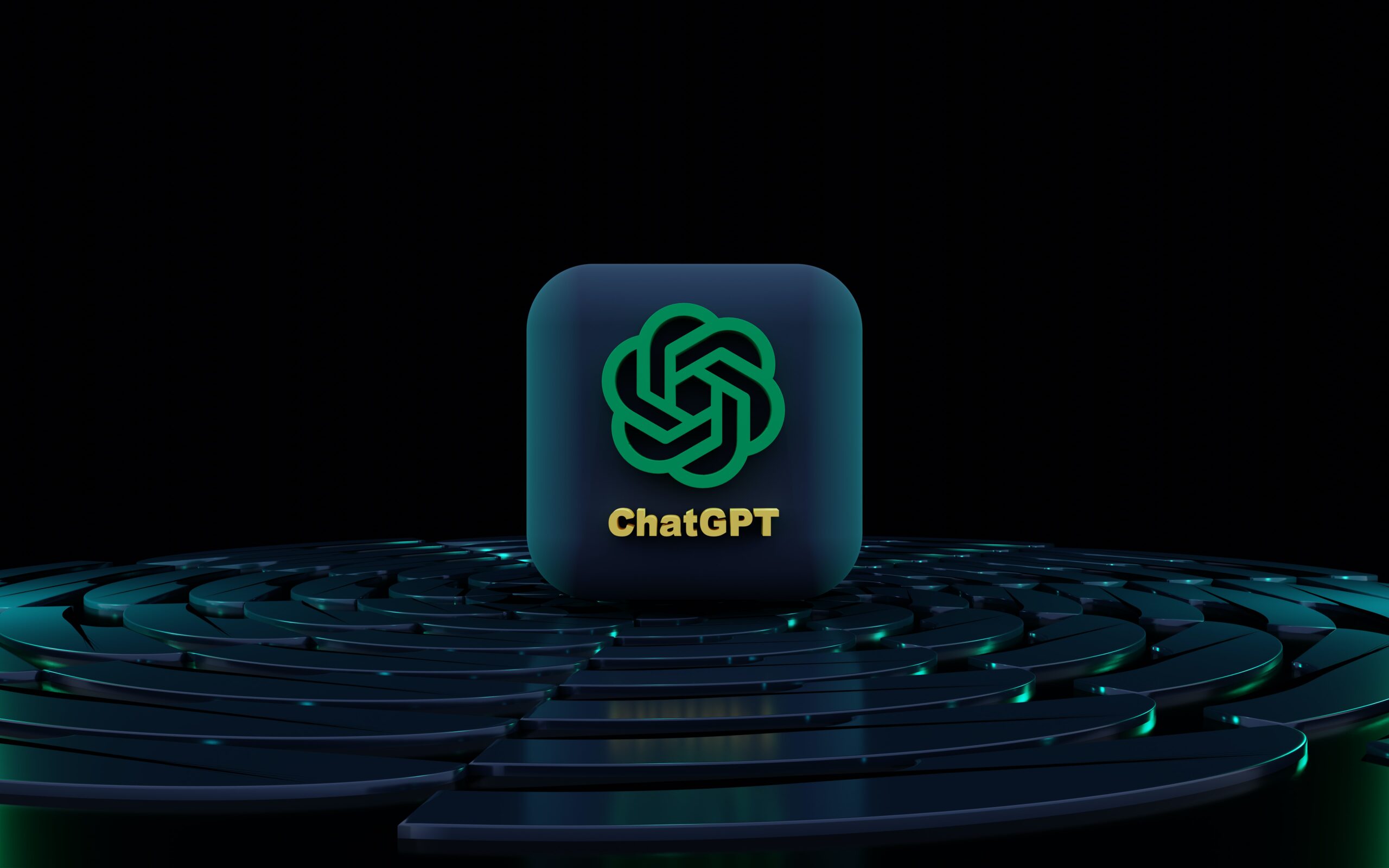Change is a commonplace part of the ever-evolving digital marketing landscape, but now, the industry faces perhaps its biggest disruption yet: generative AI. Namely, ChatGPT, a sophisticated AI language model developed by OpenAI, is quickly gaining recognition for its vast potential and theoretical influence on countless marketing and advertising sectors. Content marketing, in particular, is a field ripe for a generative AI overhaul, and as this ChatGPT application expands, its impact only grows more prominent.
Elevating Personalization to Unprecedented Heights
Personalization has long been a cornerstone of effective marketing, and ChatGPT takes this concept to a new level. Beyond crafting generalized customer interactions, the resource is becoming capable of building tailored messages that resonate with each individual on a deeply personal level. With access to vast amounts of consumer data, ChatGPT can synthesize preferences, behaviors, and even emotional cues to craft hyper-personalized content. Imagine a user visiting an e-commerce site and working alongside a virtual shopping assistant powered by ChatGPT. This assistant could not only recommend products but also engage in genuine, context-sensitive conversations, enhancing the overall shopping experience.
Revolutionizing Real-time Customer Engagement
Real-time customer engagement is critical for businesses aiming to capture fleeting consumer attention. Here, ChatGPT’s real potential lies in its ability to generate instant responses that are indistinguishable from those of a human operator. Imagine a social media manager juggling multiple customer inquiries simultaneously – ChatGPT can seamlessly step in to provide quick and accurate responses, ensuring no message goes unanswered. This real-time support can foster stronger customer relationships and drive brand loyalty, all while freeing up human resources for more strategic tasks.
Cultivating Creativity and Innovative Content
While some skeptics may argue that AI cannot replicate human creativity, ChatGPT challenges that notion. This AI can be a wellspring of inspiration for marketers, generating novel ideas, slogans, and creative concepts. It’s not just about automating mundane tasks; it’s about augmenting human creativity. Marketers can collaborate with ChatGPT to brainstorm new campaign angles, captivating headlines, and out-of-the-box strategies. This collaboration between human intuition and AI-driven innovation promises to push the boundaries of what marketing can achieve.
Establishing and Maintaining Authenticity
As ChatGPT becomes more embedded in marketing practices, ethical considerations become paramount. Consumers are increasingly conscious of AI manipulation and demand authenticity. Marketers must strike a delicate balance – leveraging ChatGPT’s capabilities while maintaining transparency about its involvement. Disclosing the use of AI-generated content ensures that consumers’ trust remains intact. Moreover, ChatGPT can be employed to draft content drafts, which human copywriters can refine and imbue with a human touch, preserving the authenticity that resonates with audiences.
Pioneering New Avenues of Interactive Advertising
Interactive advertising has taken a leap forward with the introduction of ChatGPT. Imagine interactive ads that engage users in meaningful conversations, leading them through a dynamic narrative that not only captures attention but also leaves a lasting impression. Brands can create virtual brand ambassadors powered by ChatGPT, capable of interacting with potential customers in a personalized and engaging manner. These virtual spokespeople can offer product information, conduct interactive quizzes, and even share relatable anecdotes, all contributing to a unique and memorable ad experience.
ChatGPT’s influence on content marketing will likely reverberate far beyond currently anticipated applications. As society collectively gains a better understanding of this transformative tool, it sits poised to usher in a new era of efficient, authentic, and multifaceted generative content built atop a foundation of human-led fundamentals.



